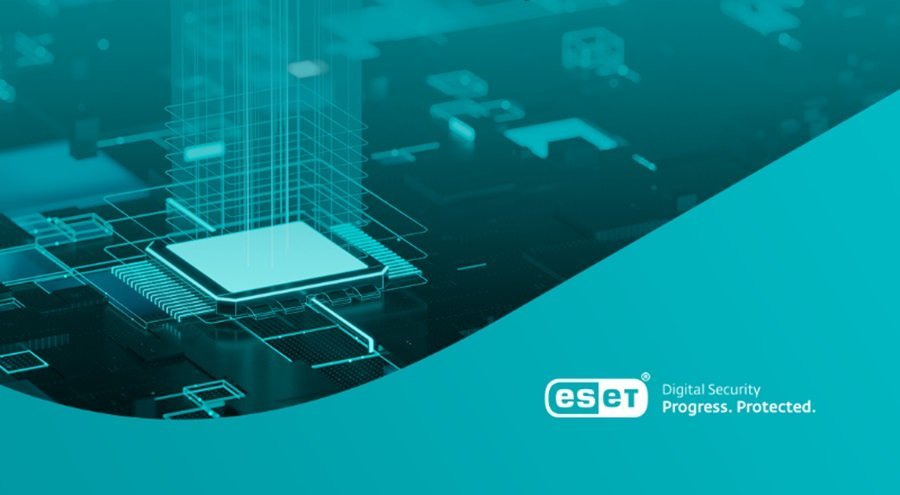Mark Nutt, Senior Vice President of International Sales at Veritas Technologies explores how financial services in the UAE and beyond are navigating the complexities of ransomware threats in today’s digital landscape.
Data security has quickly risen to the top of the agenda for UAE organisations, with nearly half (49%) citing it as their primary concern, according to recent Veritas research, which showed a significant increase from 37% last year. Nowhere is this sense of urgency more critical than in the financial sector, where vast stores of sensitive information—ranging from transaction details to personal customer data—are increasingly in the crosshairs of cyber attackers. As threats like ransomware and data theft continue to evolve, financial institutions are left balancing the need to protect their reputation with the ever-growing risk of a data breach.
The sensitivity of this data means that the impact of a breach or attack can be significant. Once files are encrypted by successful ransomware action, organisations are left with painfully few options. Even if they choose to pay the criminals behind the attack, there is no guarantee that their data will be retrievable, and even less for this to happen without being made available publicly in someway. To make matters worse, the financial cost will nearly always be less than the potential reputational damage, which for financial services organisations is a critical business differentiator, where credibility and security are cornerstones for successful operations.
It’s more crucial than ever before to prepare for the impact of a cyber-attack. Financial services companies must have the capacity to respond swiftly to any attack whilst also having the tools at their disposal to minimise its impact, in order to successfully defend from the threat of ransomware attacks.
Growing dangers
The threat posed by ransomware is not new, but it is growing in traction due to growing data volumes, and the development of contemporary technologies like artificial intelligence (AI). In fact, a recent Veritas study found that ransomware as a serious threat across various sectors, with the financial sector being one of the most severely impacted.
With ransomware attacks becoming more sophisticated, there’s a growing recognition of the need for advanced technologies to counter cybercriminals. In the UAE, 52% of organisations are actively investing in AI to improve their ability to detect and respond to cyber-attacks more swiftly, as per our latest research.
By leveraging AI-driven tools, financial services firms can not only mitigate immediate risks but also proactively address the growing complexity of cyber threats, ensuring greater resilience and compliance with evolving regulations.
Financial services organisations have long been a prime target for hackers due to their highly regulated nature and the enormous quantities of personal data they are tasked with protecting. It seems that this threat is only growing.
Protection from the inevitable
In today’s digital landscape, it’s crucial to ensure your digital infrastructure is just as protected as your physical one. When it comes to ransomware, failure to prepare really is preparing to fail. Organisations in the financial services sector require a thorough response strategy that is routinely tested, practiced, and shared with all relevant parties.
A key part of any response plan should be investment in resilient IT systems and robust risk-management processes. As well as reducing the likelihood of any disruption following an attack and improving the business’s overall ability to recover, these two elements will enable financial services organisations to develop strategies to help mitigate the impact of ransomware in the future.
However, it’s not just about investing in modern technologies. Another important part of the puzzle is to invest in the people who use them day-in and day-out. Organisations should regularly provide training to employees and all service-providing third parties on what to do and how to respond in the face of an attack. Too often, this step gets missed and key business partners do not receive updates in critical communication procedures, meaning a disjointed approach on the road to recovery.
It’s crucial that the financial sector rehearse their response plan after they have one in place. Regular stress testing is necessary to make sure that everything is operating as it should well before anything breaks. Companies should practice the plan with drills and exercises for their staff and service suppliers in addition to testing their digital solutions. By doing this, you may make sure that during an attack, everyone is aware of the plan and their specific roles and duties.
Act quickly
As ransomware attacks are on the rise, Financial Services (FS) organisations are under increasing pressure to act fast and prepare for the inevitability of cyber threats. Having a clear response plan that integrates contemporary technologies and continuous employee training is a must. When an attack happens it is vital that everyone within the organisation understands exactly what they need to do and how to do it. In order to preserve operational resiliency and safeguard important data, cooperation and the execution of a practiced recovery plan are essential.












